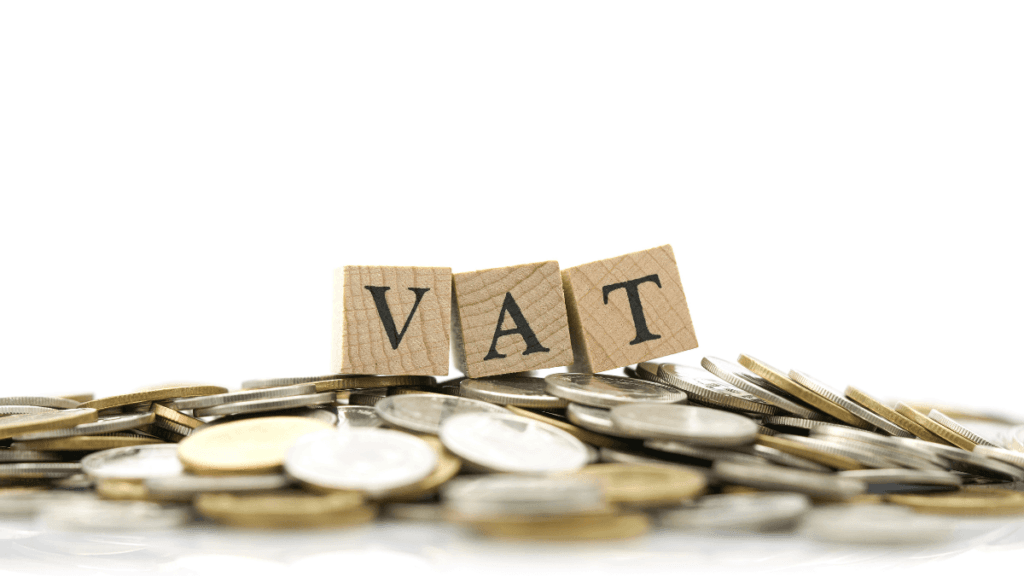South Africa’s tax system is designed to support government revenue while maintaining a fair system for individuals and businesses. Among the most significant taxes in the country are Value-Added Tax (VAT) and income tax, each serving a distinct purpose within the broader financial framework. In this article, we explore VAT, income tax, and other forms of taxation to better understand how they work in South Africa.
What is VAT in South Africa?
Value-Added Tax is an indirect tax levied on the consumption of goods and services in South Africa. Unlike income tax, which is based on earnings, VAT is charged on the value added to goods and services at each stage of production and distribution. The standard VAT rate is 15%, though the government plans to increase this rate in stages: 15.5% from May 1, 2025, and 16% starting on April 1, 2026.
Value-Added Tax is considered a consumption tax because it is ultimately borne by the end consumer. Businesses are responsible for collecting and remitting VAT to the South African Revenue Service (SARS). The tax is applied in stages—when a product or service is sold, the vendor charges Value-Added Tax to the buyer. The seller can then reclaim VAT paid on their own business expenses, ensuring that only the value added at each stage of the supply chain is taxed.
How VAT Works in South Africa
The Value-Added Tax system is designed to prevent the cascading effect of taxes by allowing businesses to reclaim VAT paid on inputs (business expenses). For example, if a manufacturer buys raw materials and adds value by producing a final product, the VAT paid on raw materials can be reclaimed. The VAT charged to customers on the sale of the final product, known as output VAT, is then remitted to SARS, with the business paying the difference.
Businesses must register for Value-Added Tax if their taxable supplies exceed R1 million in a 12-month period. Businesses can also voluntarily register for VAT if their turnover exceeds R50,000. Registered businesses must submit VAT returns periodically (monthly or bi-monthly, depending on turnover) detailing output and input VAT.
Some goods and services are zero-rated or exempt from VAT. For example, exports, certain foodstuffs, public transport, and educational services are either exempt from VAT or subject to a zero percent rate.
Proposed Increases in VAT Rates
As of May 1, 2025, VAT is set to increase from 15% to 15.5%, with a further increase planned to 16% on April 1, 2026. These rate hikes are part of the government’s strategy to increase tax revenue and address fiscal challenges. While these increases will likely affect the cost of goods and services, certain essential items remain exempt or zero-rated, providing relief to lower-income households.
Other Taxes in South Africa
In addition to VAT, South Africa has several other taxes that contribute significantly to government revenue. The most prominent of these is income tax, but there are other taxes such as fuel levies, dividends tax, and customs duties.
Income Tax in South Africa
Income tax is a direct tax levied on the profits of businesses and the income of individuals. The corporate income tax rate is set at 28%, meaning businesses are taxed on their profits after allowable deductions. For individuals, the tax is progressive, meaning the rate increases as income rises. The personal income tax rates in South Africa range from 18% to 45%, depending on the level of earnings.
Income tax differs from Value-Added Tax in that it is based on taxable income, which is the income or profit after allowable deductions. This includes business expenses, charitable contributions, and certain investment-related deductions.
Other Taxes: Fuel Levies, Dividends Tax, and More
There are several other significant taxes that affect businesses and individuals in South Africa:
Fuel Levies: These taxes are imposed on the sale of fuel, with revenue used to maintain road infrastructure and fund development projects.
Dividends Tax: A tax of 20% is levied on dividends paid by companies to shareholders.
Customs and Excise Duties: These taxes are levied on certain imported goods, as well as on the production of specific products like alcohol, tobacco, and fuel.
Together, these taxes contribute to a well-rounded tax system that helps fund the country’s social and economic programs.
Key Differences Between VAT and Income Tax
To help clarify how Value-Added Tax and income tax differ, let’s compare the two taxes across key areas:
| Feature | VAT | Income Tax |
|---|---|---|
| Type | Indirect tax on consumption | Direct tax on income/profits |
| Rate | Standard 15% (increasing to 16%) | Corporate 28%, individuals 18-45% |
| Base | Value added on goods/services | Taxable income/profit |
| Registration Threshold | R1 million turnover | N/A (applies to all taxable income) |
| Liability | Paid by end consumer via vendors | Paid by individuals/businesses on profits |
| Administration | Self-assessed via periodic returns | Annual or provisional tax filings |
Understanding the Impact of VAT vs. Income Tax
Both Value-Added Tax and income tax play vital roles in the South African tax system. Value-Added Tax serves as a broad-based consumption tax that is collected by businesses at multiple points along the supply chain and is ultimately borne by consumers. Income tax, however, targets profits and earnings, with businesses paying tax on profits and individuals paying tax on income.
While Value-Added Tax affects businesses that produce goods and services, income tax focuses on individuals’ and businesses’ earnings, making it a crucial component of personal finance and corporate tax planning.
Check also: Check Your Slips! VAT Must Stay at 15%, Says SARS
South Africa’s tax system is complex, yet essential for maintaining the country’s infrastructure, social services, and economic stability. Value-Added Tax, as an indirect tax, and income tax, as a direct tax, both serve different purposes but complement each other. By understanding the roles of each, businesses and individuals can ensure compliance and make informed financial decisions.
Understanding how Value-Added Tax works alongside income tax and other taxes like fuel levies and customs duties helps businesses and individuals navigate the South African tax environment. As the government increases VAT rates, these taxes will continue to evolve, affecting everything from daily consumer goods to corporate profits.










